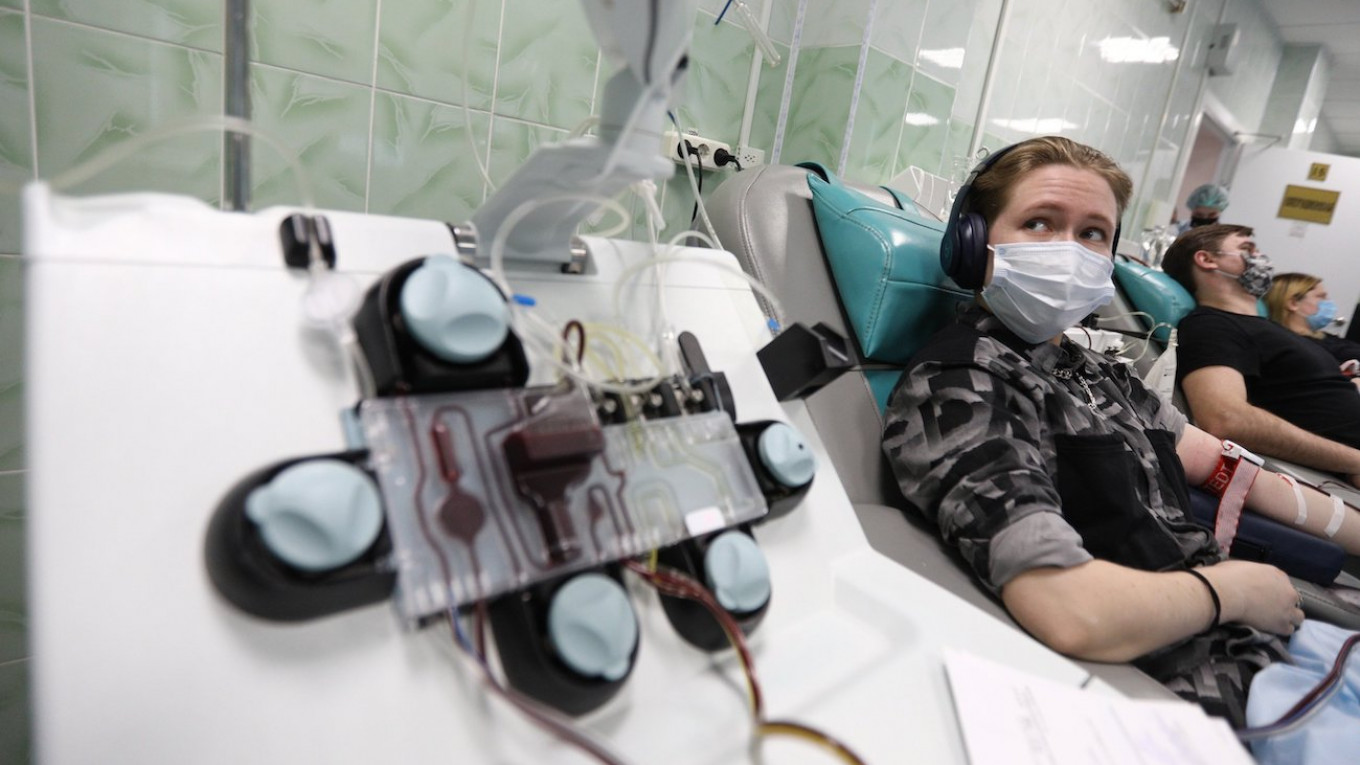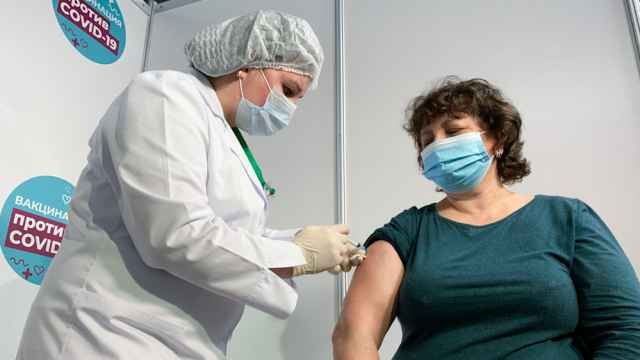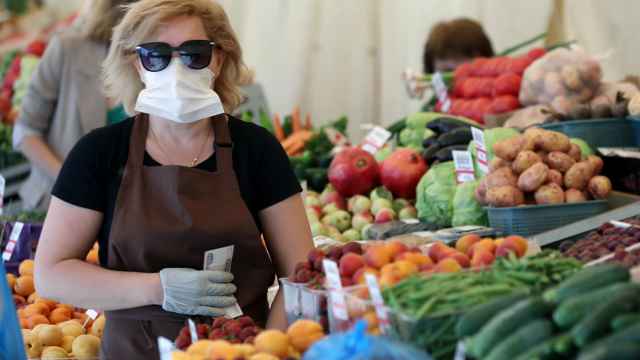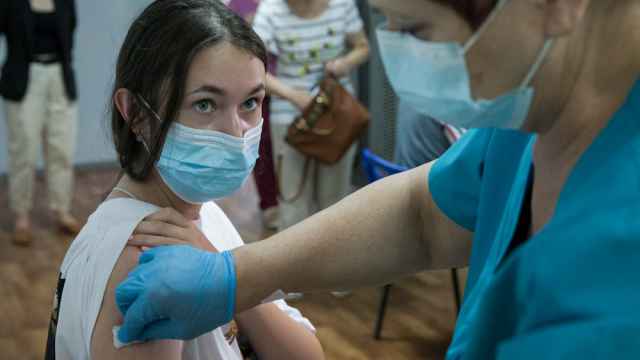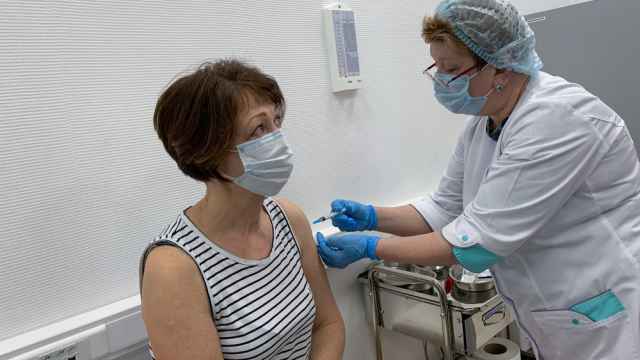Russia’s second coronavirus vaccine triggers antibodies in all recipients, according to early-trial study results involving 100 volunteers published Thursday.
EpiVacCorona, a two-shot peptide vaccine developed by the Siberia-based Vektor Institute, came under scrutiny this week after Phase 3 trial participants claimed that it does not produce an immune response. No peer-reviewed research on the jab has yet been published, though developers said they had submitted proposals to various journals.
Interim results published in the Russian Journal of Infection and Immunity claimed that all 14 adult volunteers involved in Phase 1 trials and 86 in Phase 2 trials had developed antibodies with no adverse reactions.
“The two-dose vaccination scheme induced the production of antibodies, specific to the antigens that make up the vaccine, in 100% of the volunteers,” the authors wrote.
“Seroconversion [detectability of antibodies] with a neutralizing antibody titer ≥ 1:20 was reported in 100% of the volunteers 21 days following the second immunization dose.”
Russia’s consumer protection watchdog Rospotrebnadzor, which is leading national Covid-19 containment efforts, praised EpiVacCorona’s “three lines of immune defense.” According to its statement published after the Vektor study, EpiVacCorona has two types of antibodies that prevent the virus from entering human cells as well as Natural Killer and T cells that keep it from spreading if it does.
Vektor’s results were released after a group of trial volunteers urged Russia’s Health Ministry to investigate concerns that around one-quarter of 3,000 Phase 3 trial participants did not develop antibodies.
The Russian government approved EpiVacCorona for use in mid-October, one month before the start of late-stage Phase 3 clinical trials. Its approval was based on earlier studies which claimed the vaccine developed an immune response among 100% of test subjects.
Novosibirsk-based Vektor scientists say over half a million doses of EpiVacCorona will have been produced and distributed in Russia by the end of March.
A Message from The Moscow Times:
Dear readers,
We are facing unprecedented challenges. Russia's Prosecutor General's Office has designated The Moscow Times as an "undesirable" organization, criminalizing our work and putting our staff at risk of prosecution. This follows our earlier unjust labeling as a "foreign agent."
These actions are direct attempts to silence independent journalism in Russia. The authorities claim our work "discredits the decisions of the Russian leadership." We see things differently: we strive to provide accurate, unbiased reporting on Russia.
We, the journalists of The Moscow Times, refuse to be silenced. But to continue our work, we need your help.
Your support, no matter how small, makes a world of difference. If you can, please support us monthly starting from just $2. It's quick to set up, and every contribution makes a significant impact.
By supporting The Moscow Times, you're defending open, independent journalism in the face of repression. Thank you for standing with us.
Remind me later.


